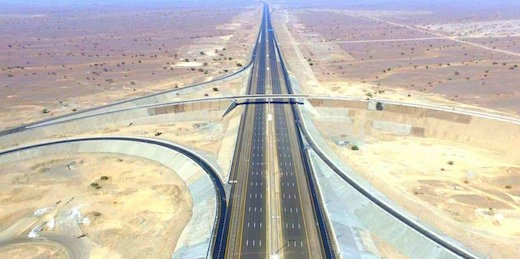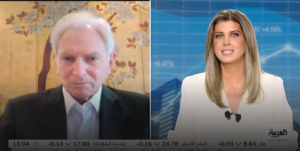The original article titled “Light at the end of tunnel for Sultanate” was published on 18th February 2017 in Times of Oman; comments highlighted below.
Light at the end of tunnel for Sultanate
A new airport, the introduction of VAT and diversifying away from oil dollars should leave Oman in with a fighting chance to banish austerity in 2018, experts agree.
The economy should rebound by 2018, according to an international report and a number of global analysts.
Deficit cuts, reducing dependence on oil and investment in infrastructure will all play their part in propelling Oman into 2018 ready to grow again.
Thanks to a prudent budget, fiscal discipline and structural reforms, together with a growing tourism sector and connected projects, the economy is forecasted to register a high GDP growth and low deficit as public sector spending is reinstated by 2018, according to a MENA report by the International Institute of Finance (IIF).
The study shows a 4.6 per cent spike in real GDP growth in the Sultanate and the fiscal deficit falling sharply to 6 per cent of the GDP in 2018, compared to 1.3 per cent of real GDP growth and a deficit of 21 per cent of GDP last year. Break-even oil prices are also expected to fall to $72 a barrel this year, down from $105 in 2014 and further testament to Oman’s drive to steer the country away from its dependence on oil.
Oman has rigorously pursued infrastructure development to complement logistics and tourism in the country. The sixth package of the Batinah Expressway opened recently and, according to officials, the new airport is 96 per cent complete and expected to be operational by the end of the year, after a series of deferred launch dates since 2015.
The expanding Port of Duqm is expected to operate at full capacity by 2020 while the railway network connecting mineral rich area of Shuwaymiyah with Duqm port is likely to be ready by 2021 following the Tanfeedh initiative, a government think-tank designed to future-proof Oman.
“The reforms brought in by the government will certainly make the economy more efficient,” Fabio Scacciavillani, Chief Economist of Oman Investment Fund said, citing efficiency as the most influential factor in economic growth.
“The opening or upgrade of several infrastructural landmarks like the new airport, new roads, Duqm port, etc in 2018 is also a big reason for economic growth as high performing sectors will be fully functional by then,” he added.
Nasser Saidi, International Monetary Fund advisor and president of Nasser Saidi Associates, said the government was in a good position when it comes to debt but cautioned that building projects must come online to help drive any recovery.
He said: “Oman still has a relatively low level of government debt to GDP and can use the debt markets to finance budget deficits without endangering fiscal sustainability. The criterion is to use debt for capacity building, infrastructure and productivity increasing investments that yield returns that can service the debt.”
“While rationalization and greater efficiency of some government spending is in order along with continuing efforts at production and revenue diversification, fiscal deficits are likely to persist,” Saidi added.
“It is time to focus on developing the local capital markets for the purpose of financing large development projects such as tourism, public-private partnerships and privatization efforts and removing barriers for investing in infrastructure and logistics,” he suggested.
“Growth is likely to remain subdued given the reduction in government spending, low private sector investment rates as well as the dip in consumer spending. Though a lower fiscal breakeven oil price is forecast for this year, Oman’s $72 per barrel breakeven is still on the higher side compared to its oil-exporter counterparts,” he added.





